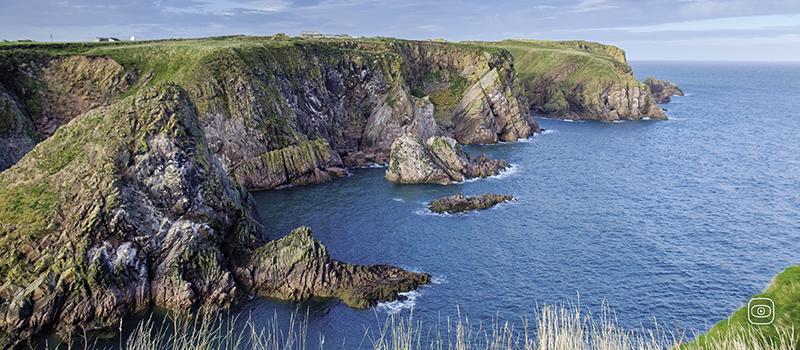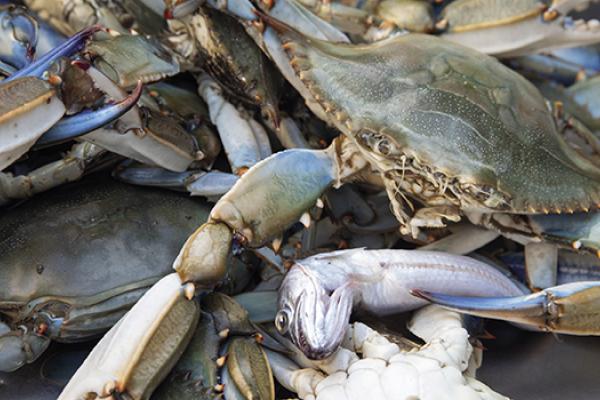Oceans produce more than half the world’s oxygen, hold most of the planet's biodiversity and account for nearly half the global population’s livelihoods, providing crucial food, jobs and energy.
But throughout Europe – and beyond – our marine environments face severe threats from overfishing, fossil fuels, dredging, fish farming, coastal urbanisation, energy infrastructure, mining activities, non-indigenous species, pollution and climate change.
To slow and attempt to reverse marine degradation, governments must make difficult decisions around adopting measures to protect our waters. However, striking the right balance will be a tough path for lawmakers to navigate.
In order to pass legislation, governments must avoid disproportionate influence from vested interests such as industrial fishing, energy and mining companies, lobbyists and other key players opposed to marine protections.
But they must also ensure that coastal communities are included in the decision-making process, and that the jobs, food, energy and tourism provided by the surrounding waters would not be threatened by strict marine protections.
Photo by Chris Combe
















